Halifax startups Alaagi Inc. and Nimbus along with Montreal-based Qalam Health Solutions captured the top prizes at the Dal Innovates Demo Day on Wednesday.
The highlight of Dal Innovation Week, the event featured live presentations by 14 startups that went through Dalhousie University’s Collide Launch or Lab2Market Launch accelerators. These programs are for teams of researchers or students from a range of universities who need to assess the market for their ideas and move toward the early stages of commercialization.
Alaagi and Nimbus were the co-winners from the Collide Launch program, while Qalam was the sole winner from Lab2Market.
Led by Sheher Yar Khan of Saint Mary's University, Alaagi is working on replacing single-use plastics with compostable, seaweed-based packaging that is engineered for the meat and seafood industries. With pilot commitments from such companies as Acadian Seaplants and Cascadia Seaweed, Alaagi is now advancing toward scaled manufacturing and regulatory certification.
Nimbus, founded by Dal’s Melina Markotjohn, is developing customizable, high-performance earplugs that protect hearing without compromising comfort or situational awareness. It is now working on a proof-of-concept prototype and running initial user tests to guide design improvements.
Qalam Health is empowering surgeons to detect bone cancer tissue on bone margins during surgery to prevent bone cancer relapse. The company’s founder and CEO is Haitham Shoman of McGill University.
In the Lab2Market competition, the second prize went to Tangify from Concordia University while SWIM Alert from Dal captured third place. (Details below)
Shell Tech from Dal took home the third-place prize in the Collide competition.
The Demo Day event allotted a prize pot of $9,000 for each of the Collide and Lab2Market competitions, for a total prize pot of $18,000.
The celebration also featured displays by companies in programs offered by the Emera IdeaHUB, which specializes in deeptech and hardware. Attendees at the Demo Day voted on the People’s Choice award and the winners were Equlantic and SpectrAlign, which both won $2,000 in in-kind services.
The following are descriptions of the teams (other than the three big winners) participating in the event:
Collide Launch
Clarify Student Resources
Jeremiah Philips, Kavin Kadam
Dalhousie University
Clarify is bridging learning gaps with an AI education platform, offering personalized learning for students. It aims to develop a prototype of its platform to pilot over the next year, and to be fully integrated into educator workflow in the next school year.
EZ Breathe Heat Pump Cleaning
Ben McQuaid
University of Prince Edward Island
EZ Breathe Heat Pump Cleaning provides subscription-based heat pump and air system cleaning for better air quality, lower energy bills, and longer system life.
The company has secured the PEI market with 800+ customers and will be expanding into New Brunswick in Q4 2025 and Nova Scotia in Q2 2026.
LimbRise Recovery Solutions
Richard Hetherington
University of Prince Edward Island
LimbRise is working on a hands-free, spring-loaded mobility aid offering a safer, more comfortable alternative to crutches. The team has completed its first prototype.
Mector
Shima Soltani
NSCAD University
This team is developing a smart case to be installed on a cellphone that enhances its capabilities for dementia care, helping individuals communicate with their family caregivers early in the disease and supporting patients with daily challenges in their living space.
Mector is preparing to build 100 prototypes and test them with families affected by dementia in the early stages of the disease.
NovaBrew Solutions Inc.
Rob Marot, Andrew Swift
Dalhousie University
NovaBrew is boosting craft brewery efficiency with an enterprise-level platform that streamlines forecasting, scheduling and inventory. This fall, four breweries will pilot NovaBrew as it completes its first-generation product and prepares for a 2026 launch. The team has been accepted into Invest Nova Scotia’s Accelerate program, which includes a grant of $40,000.
SEEYA
Jewell Tan
NSCAD University
SEEYA is combating childhood myopia with educational toys that promote healthier screen habits and outdoor play. The company is gaining traction through winning design awards and validating its potential as a health-focused toy innovation. Next, the company is looking towards partnerships to scale SEEYA from prototype to production.
Shell Tech
Shawn Ray, Jake Young
Dalhousie University
Shell Tech aims to protect shellfish hatcheries from losses with AI-powered larvae monitoring. Shell Tech is currently piloting its larvae monitoring platform with two of the largest hatcheries in North America.
Storelx Inc.
Selim Fahmy, NourElDeen Fahmy
Memorial University of Newfoundland
This company is connecting people who need storage with those who have it – an online marketplace for extra space. Storelx relaunched in January 2025 as Canada’s first peer-to-peer storage marketplace, already live with more than 20 listings and first paying customers in St. John’s and the Toronto area.
Lab2Market Launch
Outport Reviews
Bennett Newhook
Memorial University of Newfoundland
Outport aims to boost customer acquisition for law firms using AI to automate five-star reviews and build brand visibility. It has retained one client and built a pipeline of prospects that is growing Outport's broader suite of business tools.
SWIM Alert
Catherine Evans
Dalhousie University
This company’s mission is to help communities efficiently manage algae blooms and invasive species using a proprietary detection platform and satellite imagery. The company is partnering with organizations and will be piloting its product across Atlantic Canada in 2026.
Tangify Farming Solutions
Mariana Toro Ramirez, Manuel Sandoval
Concordia University
Tangify is transforming beef production with an AI-powered, image-based weight monitoring solution that provides real-time growth data to help cattle farmers optimize resources and drive sustainable results.
Video Presentations
The following companies’ founders were unable to attend Demo Day, but their founders provided videos that were aired for the audience:
Collide Launch
CM Marine Safety Equipment
Ben Collings Mackay
St. Francis Xavier University
CM Marine is building a lifejacket for fishermen by fishermen, with added safety features and comfort in mind.
CM Marine is manufacturing a test batch of lifejackets and beginning the safety certification process with UL solutions. It has received a provisional patent.
Beta Carbon
Japhet Machipisa
University of PEI
Beta Carbon aims to transform wastepaper biomass into high-value carbon-based products like biochar. It will be launching a six-month pilot with wastewater treatment partners to prove product quality, performance, and setting a path to scale the company.
Malus Ecolife Inc.
Ghazaleh Afrahi
Dalhousie University
This team is developing a scalable solution that transforms bio-waste into high-value products: soil-enhancing bio-char and renewable bio-oil. Malus Ecolife received Productivity and Innovation Voucher Program funding and will be presenting its research at the Canadian Chemical Engineering Conference in Montreal.
Emera IdeaHUB
The following companies are participating in IdeaHUB programs and hosted displays at the Demo Day:
OROSeng Design & Fabrication Ltd.
Jules Jager
OROSeng designs and builds custom products for small-scale utilization of renewable energy. The systems incorporate a range of energy harvesting technologies, such as electric generators and solar panels to redirect energy into operating IoT devices, autonomous vehicles, lighting systems, etc.
Cavlom Enterprise Inc
Anthony Ighomuaye
Cavlom is building the future of clean transportation and energy access in underserved communities. It converts gasoline rickshaws into electric vehicles and equips them with battery-swapping and vehicle-to-home (V2H) systems—turning everyday transport into mobile power solutions.
Equlantic
Isaac Bahler, Dylan Moore, Gregor Deveau, Rowan Norrad, Will Myrer
Equlantic is developing a modular, autonomous sensor system that delivers real-time, high-precision carbonate system data to support accurate, cost-effective measurement, reporting, and verification for marine carbon dioxide removal and other ocean-based industries. The company’s integrated platform is being designed to unify multiple standalone sensors and enable one‑step data offload.
SpectrAlign
Antony Shruti Predhep, Christian Moya-Garcia, Jacqueline DeJarnette
SpectrAlign is creating a no-radiation imaging solution that improves spinal assessments and streamlines triage for back pain, aiming to make precision spinal care more accessible.
EcoMarine Technologies Inc.
Lu Liu
EcoMarine Technologies is a Nova Scotia-based ocean technology startup developing advanced electric propulsion and robotic systems for marine applications. The core innovation—a high-thrust, compact axial flux motor—is designed to enable more efficient, autonomous, and low-emission underwater operations.
iFormit Solutions Inc.
Abdul' Onabanjo
Utility meters are often hard to reach and harder to understand. iFormit is reimagining that with i-MeterMirror, an AI/ML-powered, multi-protocol device that brings meter data to fingertips or in-home displays, enabling smarter usage, cutting utility costs by over 30%, and helping stabilize the grid automatically.
Nifty Vector
Joseph Howse, Matt MacDonald
Nifty Vector develops hardware and software for 3D motion tracking in critical domains, including medical devices, medical research, healthcare training, and aerospace training. The company's founders have 20 person-years of experience as consultants in these domains. Solutions are designed to deliver a unique combination of accuracy, robustness, compactness, and configurability.














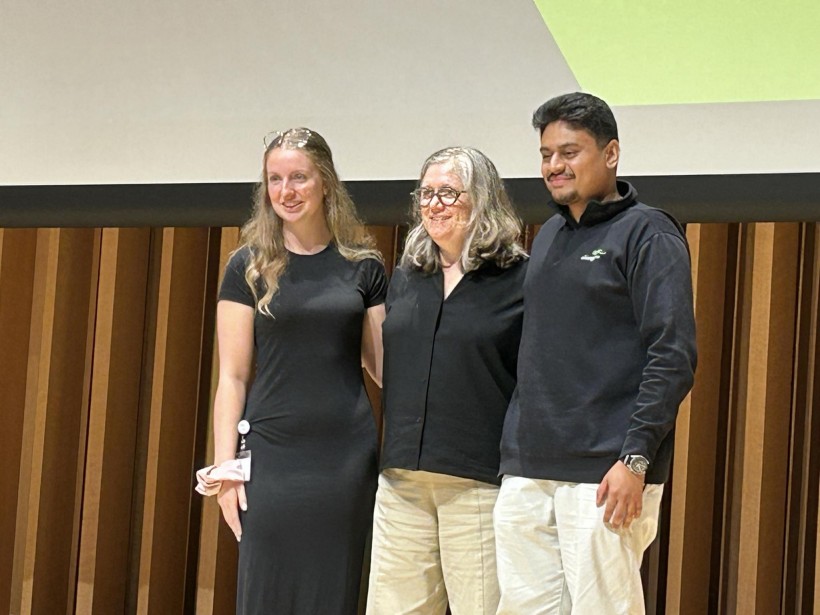

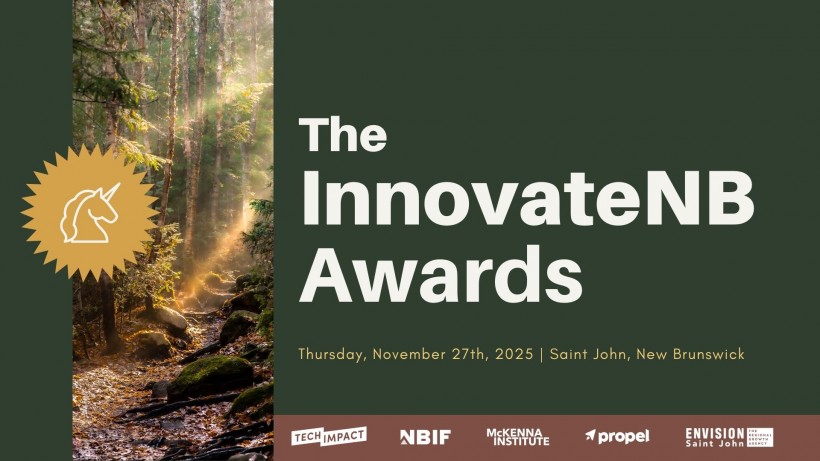








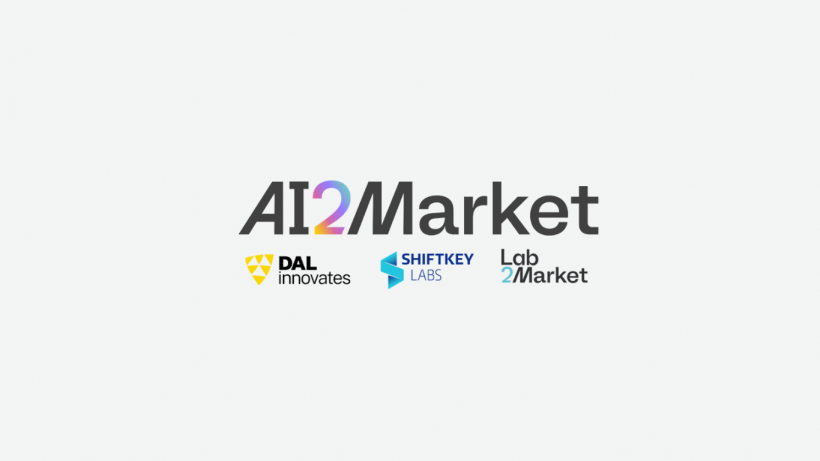






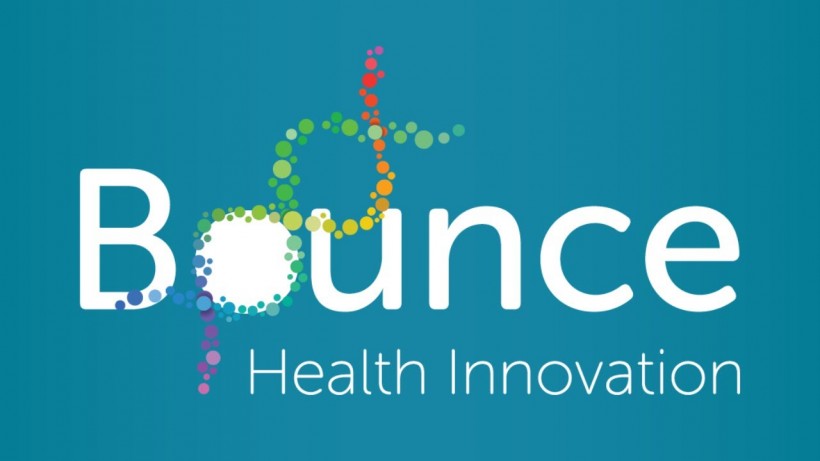



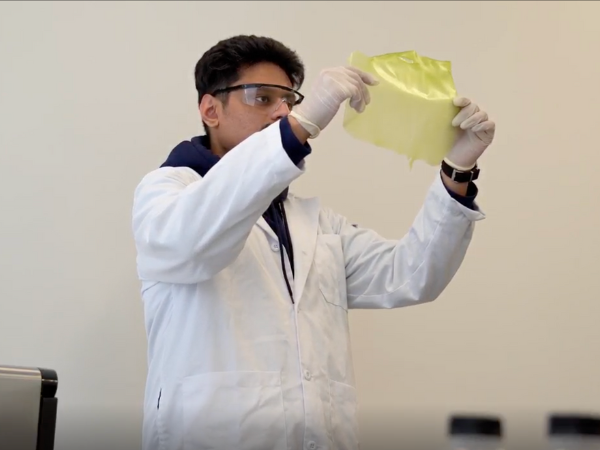

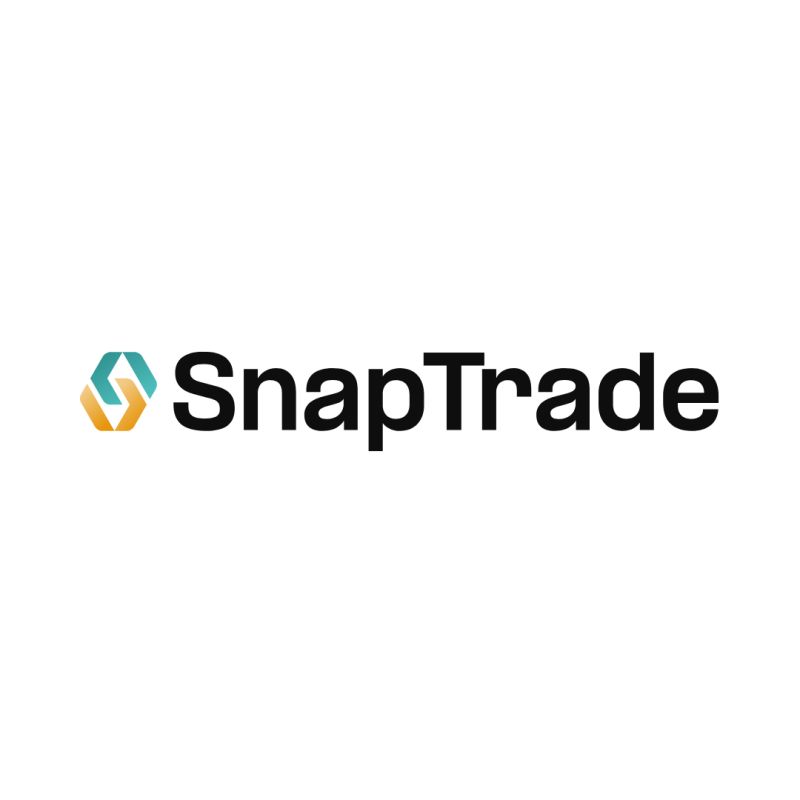




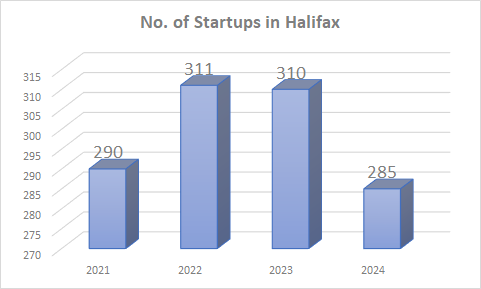
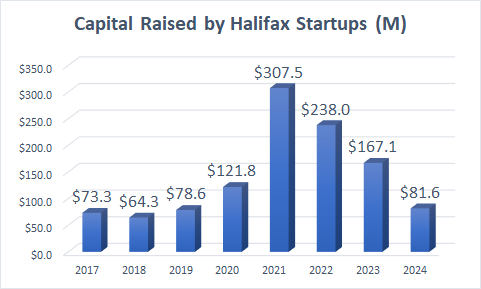

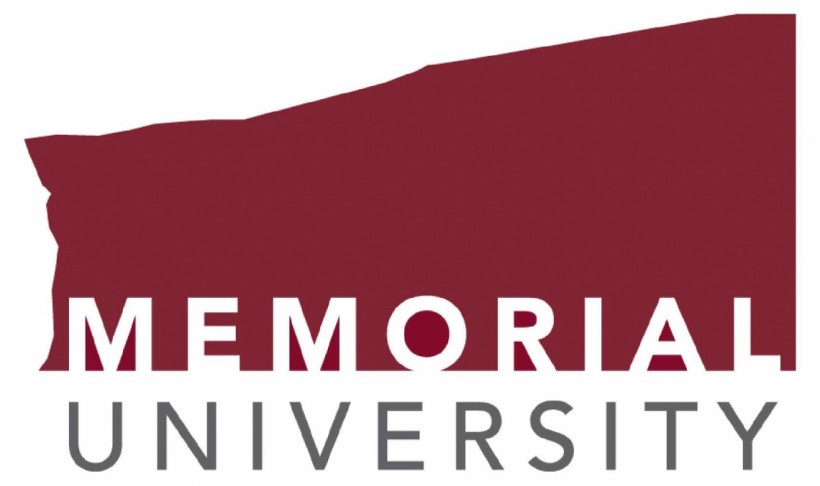
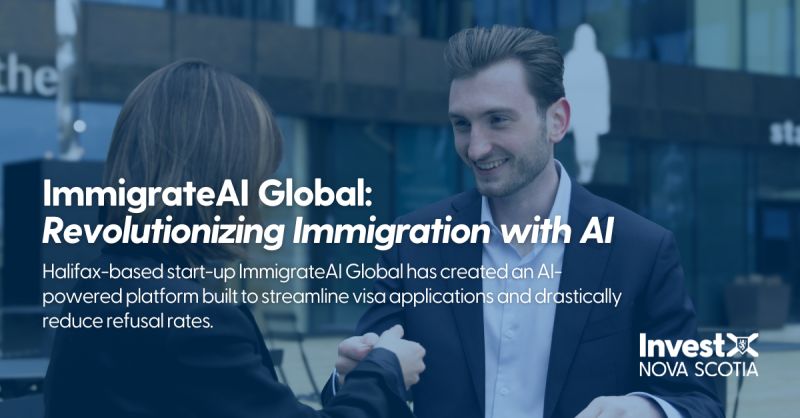
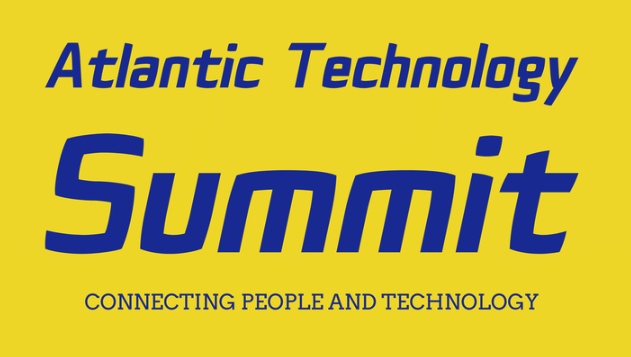
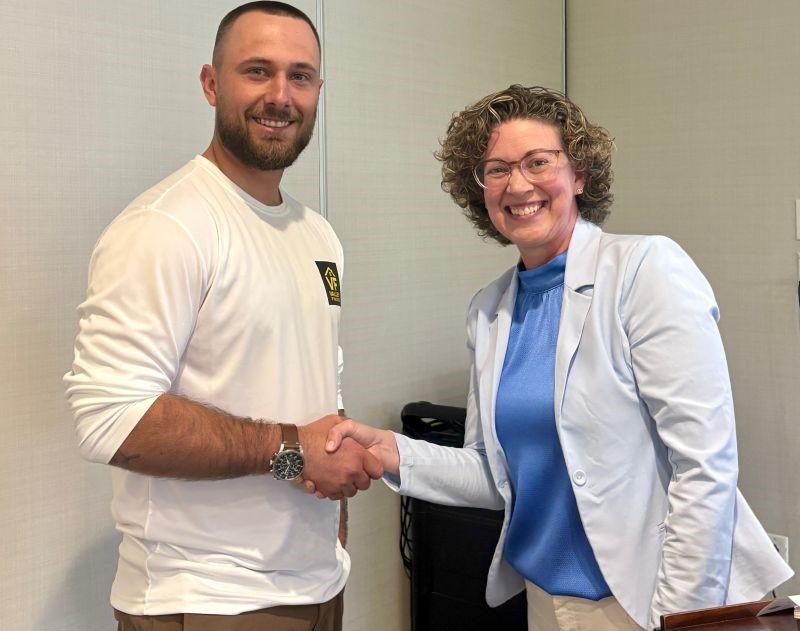


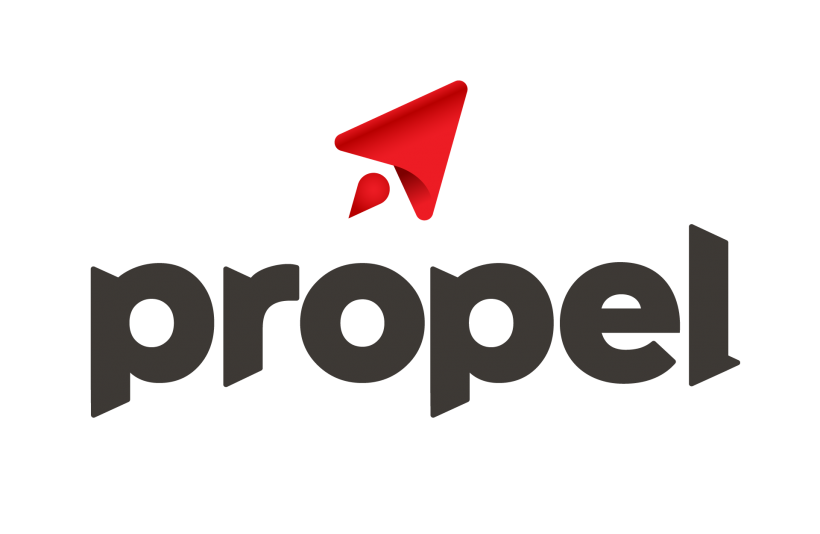
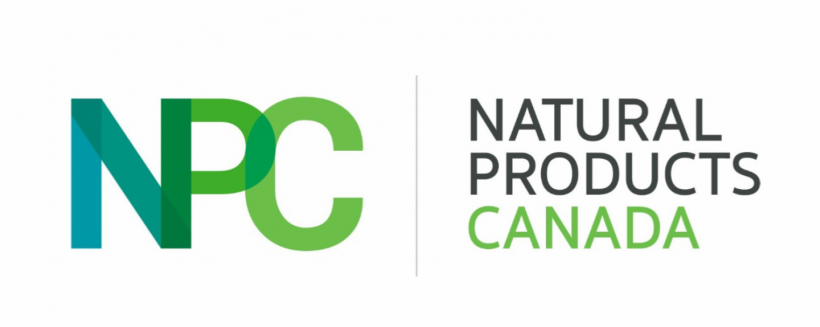
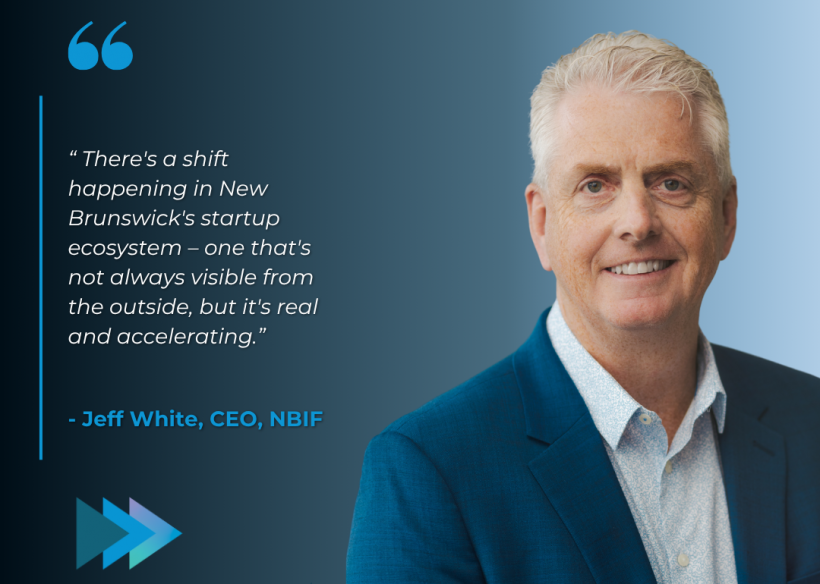
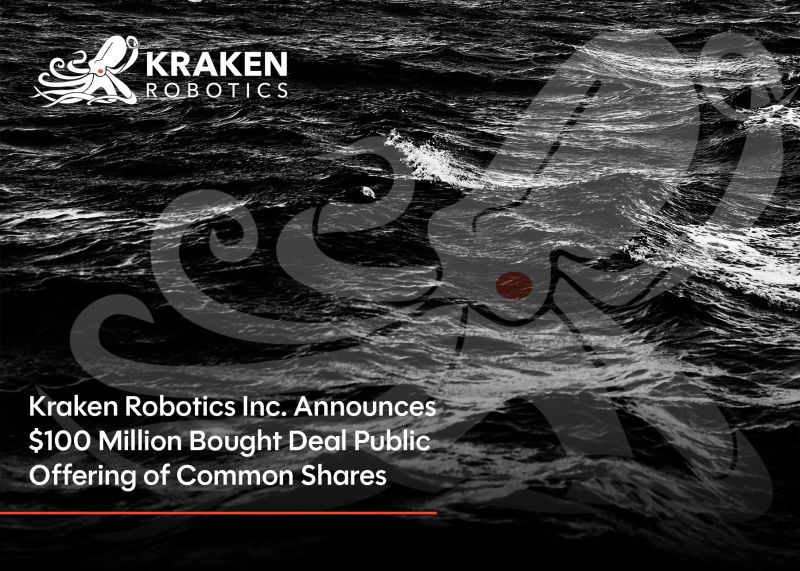
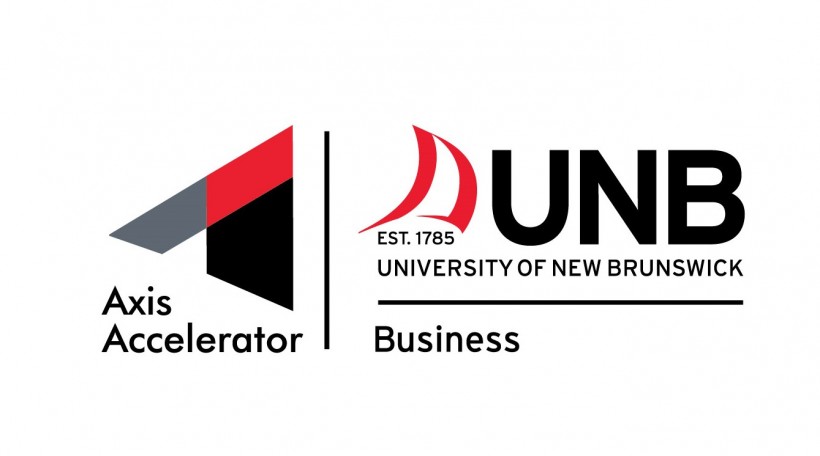
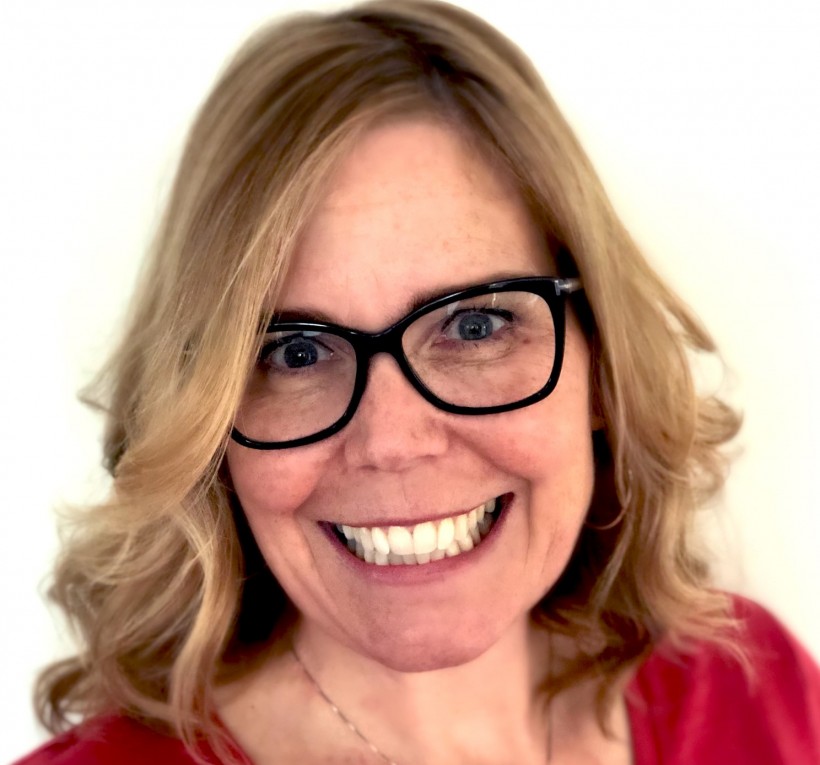
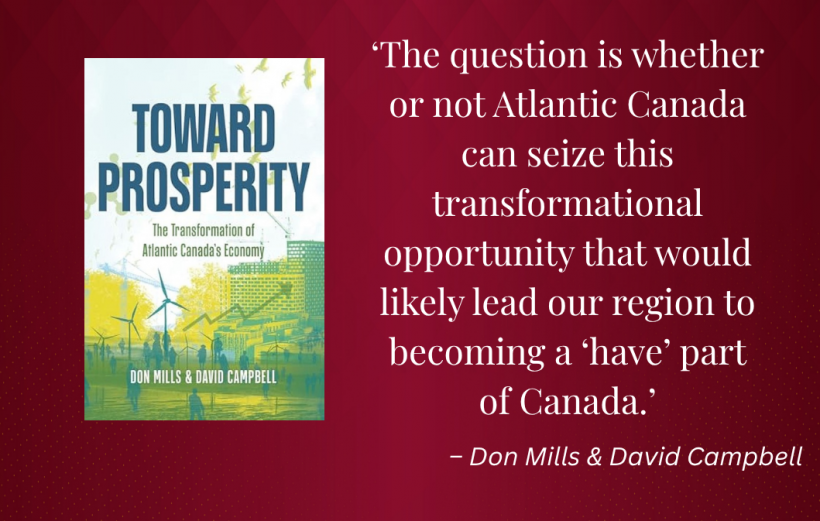





Have your say, post a comment